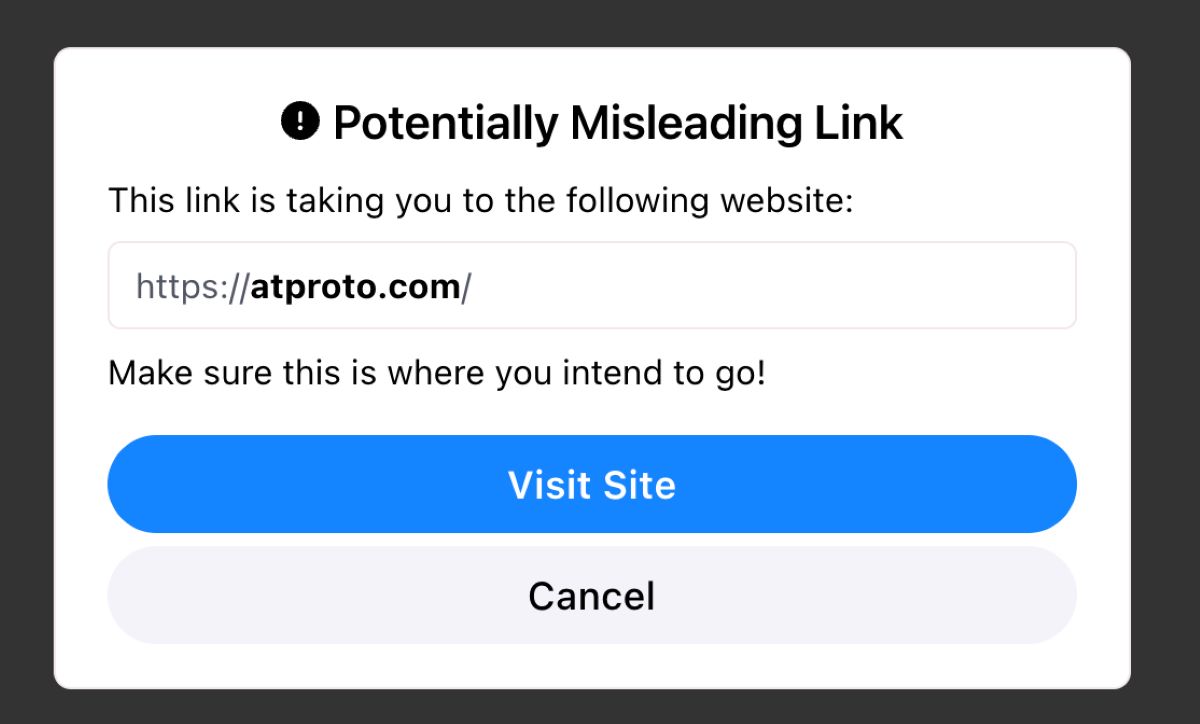Open-source and decentralized social media platform, Mastodon, is taking on Twitter/X with the introduction of a new feature to its mobile app: Lists. This highly-anticipated feature, announced today, allows users to create custom lists centered around specific topics or interests. While initially available only on the web, Mastodon’s Android app now offers this feature, with an iOS update expected in the near future.
Key Takeaway
The introduction of Lists to the Mastodon mobile app allows users to curate specific interests and topics, as well as limit the visibility of certain accounts on their feed. This feature offers a way to engage with content on one’s own terms and reduce clutter in the home feed.
Prior to this update, Mastodon users could only access the Lists feature through the web interface, posing challenges in terms of topic tracking and usability compared to Twitter/X. Mastodon’s web interface also posed difficulties in managing lists, as users could only add or remove individuals by editing the list or accessing their user profiles. However, third-party apps developed by indie developers and startups filled this void by supporting lists on mobile in a more streamlined manner. Examples include Tusky, Metatext, Ivory, and Mammoth. Nevertheless, Mastodon’s own mobile app had yet to offer access to lists until now. In the past year, Mastodon has accelerated its mobile development efforts by hiring additional developers, enabling the platform to catch up with Twitter/X’s functionality. In September, Mastodon released a major update aimed at enhancing user experience and refining search capabilities.
Mastodon indicated that it is actively working on additional features for iOS and web users, although no specific timeline was provided for the release of Lists on the App Store version of the app.
Since Twitter/X experienced changes under Elon Musk’s ownership, Mastodon and other alternative microblogging platforms have gained traction among dissatisfied users. Mastodon has successfully expanded its user base, reaching approximately 1.7 million monthly active users as of this month. In fact, Mastodon recently discovered that it had underestimated its user count due to a network connectivity error. Adjustments were made, including the addition of 2.34 million registered users across 727 previously uncounted servers.
Unlike traditional startups, Mastodon operates as a nonprofit, relying on donations, Patreon subscriptions, government grants, and merchandise sales for funding. Despite its small size, Mastodon has managed to attract various publishers, creators, and users in the wake of Musk’s Twitter takeover. Furthermore, the platform has integrated with other publishing startups such as Flipboard and Medium, solidifying its position in the ever-expanding social media landscape.

























